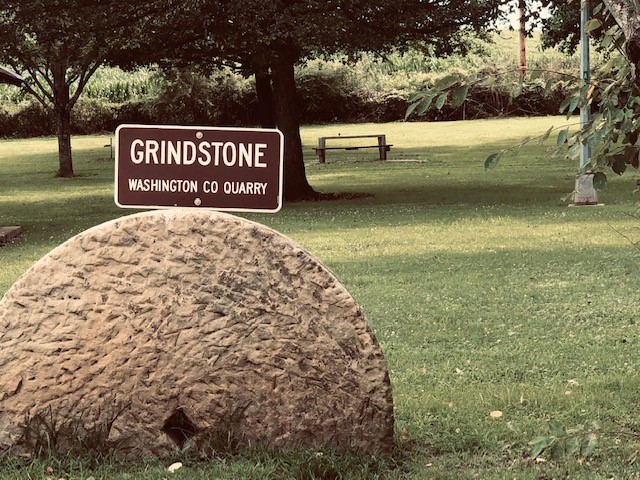I’m reading Citizen Cash by Michael Stewart Foley. The book tells the story of Johnny Cash’s misunderstood politics of empathy. In today’s divisive politics, Republicans and Democrats both claim him as their own. Conservatives view him as a traditional patriot and Liberals view him as a champion of the downtrodden.
But the author suggests the truth is essentially different. It isn’t important to see him as a player on either of those teams. Cash practiced what Foley calls the “politics of empathy”, the simple art of being able to see things from another person’s perspective. The stories of his family rising out of the Depression in Dyess, Arkansas are legendary: the journey from sharecropper to cotton farming landowners was back-breaking and set him on his course.
Trial lawyers tell the same kind of stories in court that Cash did in song. We ask jurors to put themselves in another’s shoes and do a little justice on the way.

